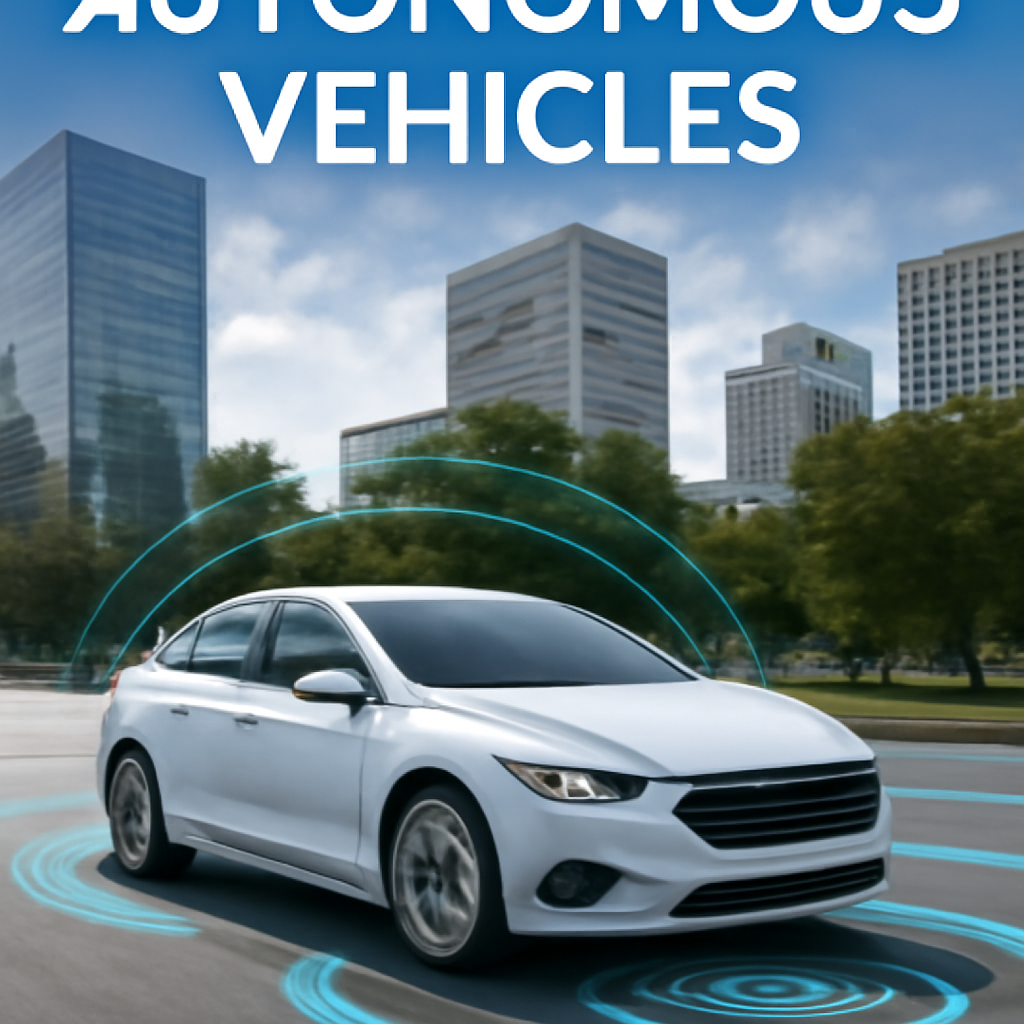Location
Mount Vernon, WA 98274
Location
Mount Vernon, WA 98274

The automotive industry is on the brink of a transformative leap with the advancement of autonomous vehicle technology. As companies race to develop fully self-driving cars, the implications for safety, efficiency, and urban planning are profound.
The realm of automotive technology is rapidly evolving, with autonomous vehicles (AVs) poised to redefine transportation as we know it. Major automotive manufacturers and tech companies are investing billions in research and development to bring fully autonomous cars to the market. This shift is not merely about convenience; it’s about reimagining the way we approach mobility, safety, and urban infrastructure.
One of the most significant advantages of AVs is their potential to enhance road safety. According to the National Highway Traffic Safety Administration (NHTSA), human error is responsible for about 94% of serious crashes. By minimizing the human element, autonomous vehicles could dramatically reduce accident rates, leading to safer roads for everyone.
In addition to safety, AVs promise to improve traffic efficiency. Using advanced algorithms and real-time data analysis, autonomous vehicles can communicate with each other and with traffic infrastructure to optimize routes, reduce congestion, and minimize travel times. This vehicle-to-everything (V2X) communication is a crucial component in the development of smart transportation systems, allowing for a more integrated and fluid traffic experience.
Moreover, the environmental impact of AVs is also a critical consideration. Many companies are focusing on electric autonomous vehicles, which can further contribute to reduced emissions and a move towards sustainable transportation solutions. This aligns with global efforts to combat climate change and transition to greener modes of transport.
However, the transition to a future dominated by autonomous vehicles is not without its challenges. Regulatory hurdles, public acceptance, and the need for robust cybersecurity measures are all areas that require careful attention. Governments and private sectors must collaborate to establish a legal framework that ensures the safe and ethical deployment of AV technology.
As we advance toward this new era of transportation, the importance of public infrastructure cannot be overstated. Smart cities equipped with the necessary infrastructure will be essential to support the widespread adoption of autonomous vehicles. This includes everything from smart traffic signals that communicate with vehicles to dedicated lanes for AVs.
In conclusion, the rise of autonomous vehicles represents a significant shift in the automotive landscape. While there are challenges to overcome, the potential benefits in safety, efficiency, and sustainability make this a critical area of focus for the future of transportation.